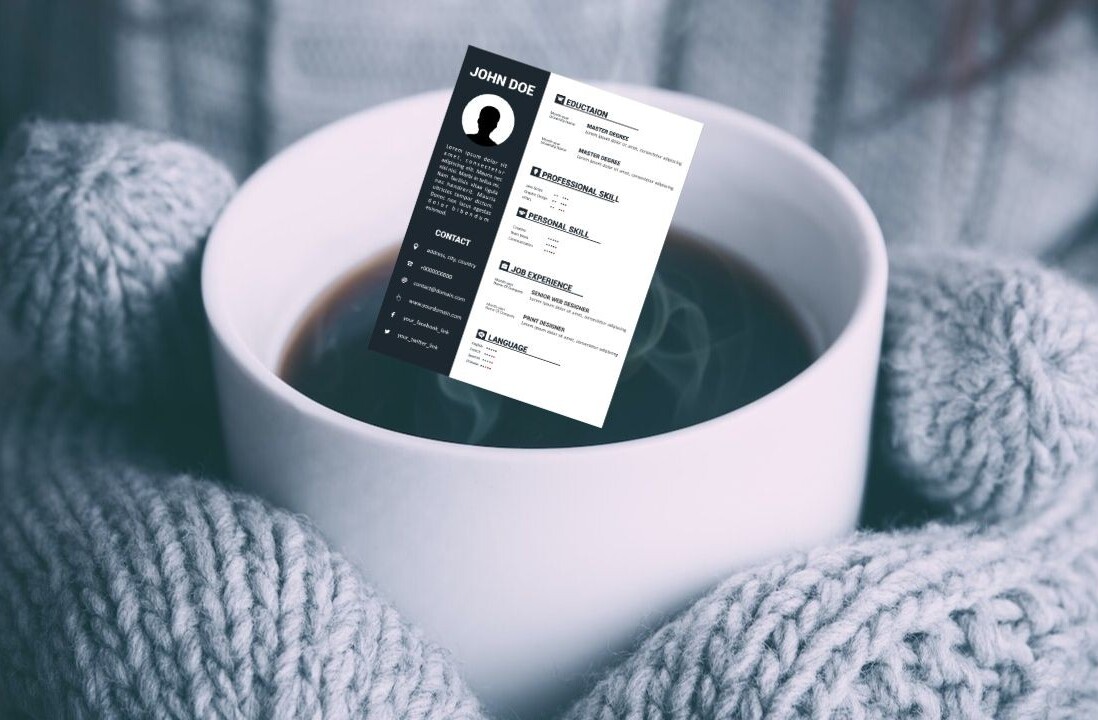
Jordan Wright is the co-founder & CEO of Comfy, an Austin startup changing the way university students find housing.
“Build it and they will come” hasn’t worked in app stores for years. In today’s crowded app stores, you must put in the elbow grease to help your app show in top results. Only then will your app get the visibility you need to cross the tipping point into potential monetization.
Mobile apps aren’t the gold mine they used to be, but the app industry is still brimming with opportunity. With the right combination of passion, savvy and patience, you can build the next big thing—in your niche area of expertise.
Here are five relatively simple, yet critical steps to evaluate and implement to successfully navigate today’s crowded app marketplace:
1. Redefine the million-dollar idea
If your idea of winning is to get 1 percent of a $100B market, think again. For one, that massive market is going to be harder to break into than a smaller one. You’ll likely be competing with mature companies who have spent years refining their processes and cultivating their audiences.
Moreover, investors aren’t interested in products that only take 1 percent of a market. They want to fund companies that can take 40 to 50 percent market share.
To succeed today, the million-dollar idea should come more from inspiration than cold hard numbers.
Marc Benioff may well have set the bar for entrepreneurial ‘a-ha’ moments by coming up with the idea for salesforce.com while swimming with dolphins in Hawaii. Better to be driven by a passion than by an equation, because market conditions change so quickly today that the numbers won’t last.
2. Know if your product fits the market
You have your inspired idea. Now who’s going to buy it?
Use the arsenal of tools at your disposal to figure out how much market traction your product will have before you put the sweat and tears into building it.
For example, App Annie will help you figure out how saturated your market is, and which niche to target. Flinto lets you prototype an app without having to code it, so that you can test your design on friends and take early feedback into account before diving in headfirst.
Once you have a handle on who and what your app will address, it’s time to start designing.
3. Find a good designer
When you are bootstrapping your startup, DIY sounds cost-effective and even glamorous. However, there are inherent risks in this approach. You can’t fake professional design, there are too many details to think about.
Instead, budget for a top-of-the-line designer. Hack a preliminary design and then pass it off to your pro to polish. Once your designer is done, test your app on 60 people that you trust. Get their honest feedback, make final tweaks, and only then call the design finished.
4. Don’t forget technical competence
Building an app is more than throwing together a bunch of screens. Apple will reject your app if you don’t meet its technical specs and they’re getting more and more picky.
This, too, requires someone who knows what they’re doing, either a developer with experience in your kind of app, or a talented programmer who is willing to learn new techniques to make your app succeed.
5. Make the best of your distribution channel
In the App Store this boils down to App Store Optimization (ASO). Without it, your app’s reach is severely limited.
Take some time to learn the tricks, like including keywords in your title, and you’ll find your app listed in a place that people will actually find it.
To sum it all up, building a successful app today isn’t rocket science. It’s not completely intuitive, either. Follow the stepping stones above should lead your app toward its real potential for success.
Read next: Key visual mobile metrics to improve your app’s design success
Get the TNW newsletter
Get the most important tech news in your inbox each week.




